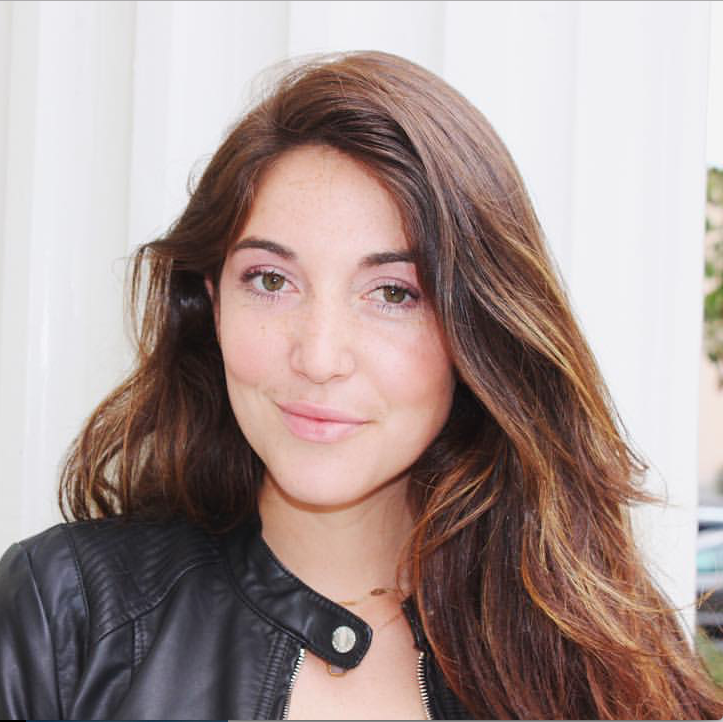Why Master of Public Affairs Students Go to Reno

Bianca Rosen
Master of Public Affairs Candidate 2017
As a first year graduate student in the Master of Public Affairs (MoPA) program at the University of San Francisco, the possible career paths one can take seems daunting, especially in a dynamic and exciting place like the Bay Area. You may have a strong idea about the direction you want to go in, but can never fully articulate where that direction will ultimately take you.
Sometimes, the only feelings of security for a young professional are glimmering moments of, “I am supposed to be here, in this program, in this city”. But, you may not exactly know why. The MoPA program has pointed me in the direction I’ve wanted to go, and told me, “here’s why”.
I was first drawn to this program because of its dedication to social justice, advocacy, and community-based solutions to public policy issues. As someone who strongly identifies as a feminist and is active in the anti-rape movement, I felt passionate about large scale change-making. I knew I wanted to ambitiously confront the intersection of all inequalities in my career, as sexual violence is a tool for all forms of oppression. Yet, I never knew how that passion would manifest into something tangible that could achieve such change.
This semester, I signed up for a grassroots advocacy and mobilization class. It is week four of the semester, and the class has already turned my abstract career goals into that tangible reality I had been seeking. As I learned about the undeniable power of communities coming together to advocate for policies or candidates that pursue “a more humane and just world”, I could see clearly that this is the avenue of change-making I’ve been looking for. To hear my spirited teacher describe the ins and outs of grassroots advocacy, and to learn about the great necessity for passionate people — leaders who create other leaders — I was truly moved. I thought to myself, “YES, yes, yes, yes, this is me. This is where my path has been directing me.”
When my teacher then asked if any of us wanted to go to Reno, Nevada to get first hand experience with electoral organizing on Hillary Clinton’s campaign, I was already out the door and ready to go.

Reno was a whirlwind. A whirlwind of organizers telling their story as to why they were there, why they had dedicated chunks of their lives away from their friends and family to engage Nevadans and get them out to vote for Hillary Clinton. A whirlwind of people, with stories, values, and reasons, for volunteering for the campaign. A whirlwind of doors to knock on and strangers to meet. A whirlwind of canvassing packets, names, and addresses of people we were trying to encourage to caucus for Clinton. Most significantly, it was a whirlwind of people power, of humans connecting to other humans for a shared purpose.
Whether or not you’re a Clinton supporter, to knock on a stranger’s door to find that they are in fact, an avid supporter, and then have them share a deeply personal and revelatory moment in their life to illustrate why, was healing.

It was healing because we all have stories of “why”. “Why” we support a candidate, a policy, or a movement, and those stories of “why” connect at those moments in time to create a collective, “because”.
The importance of empowering people, of building stronger communities that outlive the campaign, and ultimately building a stronger democracy, jumped off the pages of notes I had written in class and came to life in front of me.
I came back to school energized, inspired, and feeling like the dreams for my career had also been brought to life. As MoPA provided me with the opportunity to witness change-making in action, I was simultaneously nudged one step closer to understanding my career goals and how I will play a part in redefining the human experience as one that is characterized by justice.
Donations by supporters like you helped turn Bianca’s dream into reality. Donate today so more students like Bianca can participate in experiences that enrich their academic careers with us.
*The opinions expressed in this article are the author’s own and do not reflect the views of the Leo T. McCarthy Center or the University of San Francisco.

